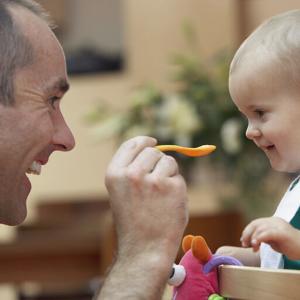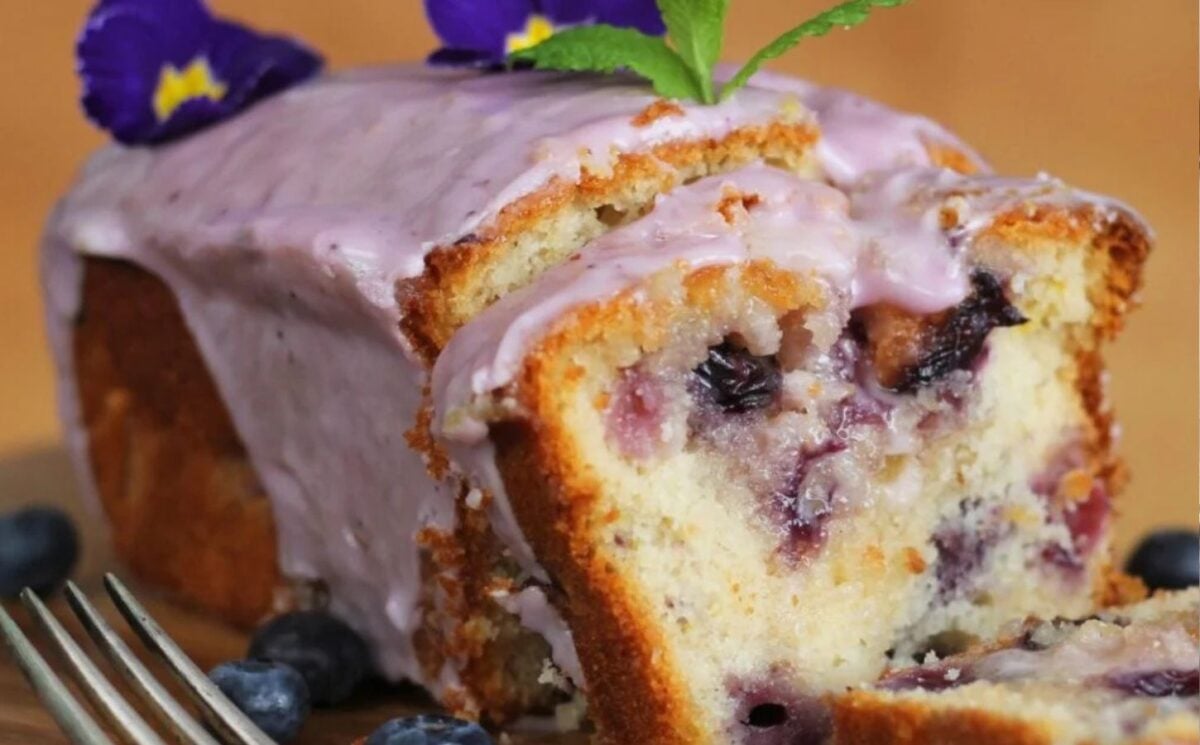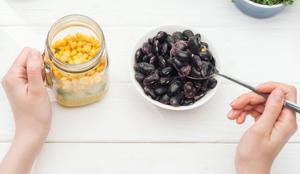Cami Wells Food provides the energy and nutrients that babies need to be healthy. For a baby, breast milk has the nutrition they need. Infant formulas are available for babies whose mothers are not able to or decide not to breastfeed.
Infants are usually ready to eat solid foods at about 6 months of age. Check with your health care provider for the best time for your baby to start. Every child is different.

Here are signs to look for that your baby may be ready for solid foods: Being able to control their head and neck Sitting up alone or with support Bringing objects to their mouth Trying to grasp small objects, such as toys or food Swallowing food rather than pushing it back out Start your infant on nutrient-dense solid foods from all food groups. Introduce one new food at a time, to help identify any foods that cause allergies in your baby. Possible allergic reactions include rash, diarrhea, or vomiting.
There are foods that you should avoid feeding your baby: Do not use homemade infant formulas. Toddler milks or formulas should not be fed to infants, as they are not made to meet the nutritional needs of infants. Do not give your baby honey before 1 year of age.
Honey may contain bacteria that can cause botulism in babies. Avoid plain or flavored milk from cows, goats or other animals before age 1. Don’t feed baby plain or flavored plant-based milks made from soy, almond, oat, rice or coconut.
These beverages do not have all of the nutrients that babies need and babies cannot digest them. Unpasteurized drinks or foods (such as juices, milks, yogurt or cheeses) may put your child at risk for infections from harmful bacteria such as E coli. Babies do not need sugary drinks, like soda, sweet tea, sports drinks, lemonade and juice.
Offer foods in the appropriate size, consistency and shape that makes them easy to chew and swallow. Avoid foods that can cause choking, such as hard candy, popcorn, whole nuts and grapes (unless they are cut into small pieces). Don’t give your child these foods before age 3.
’ Here is a fun snack or breakfast idea for adults and older children. It is not appropriate for infants. Chocolate Energy Bites 1/3 cup honey 1/3 cup nut butter (peanut, soy, almond, etc.
) 1 teaspoon vanilla extract 3/4 cup rolled or quick oats 1/4 cup chia seeds or wheat bran 2 tablespoons cocoa powder 1/3 cup unsweetened shredded coconut Wash hands with soap and water. In a medium bowl, combine all the ingredients. Stir until mixed well.
Spray cooking spray on one hand. Rub hands together. Using a spoon to portion out about 1 tablespoon, roll mixture into 15 balls and serve.
Store leftovers in a sealed container in the refrigerator or freezer. Makes 15 bites. Nutrition information per serving (1 bite): Calories: 90, total fat: 4.
5g, saturated fat: 1.5g, cholesterol: 0mg, sodium: 25mg, total carbohydrates: 12g, fiber: 2g, includes 6g added sugars, protein: 2g..
Food

Cami Wells: Start your baby on the path to good nutrition

Infants are usually ready to eat solid foods at about 6 months of age. Check with your health care provider for the best time for your baby to start.















